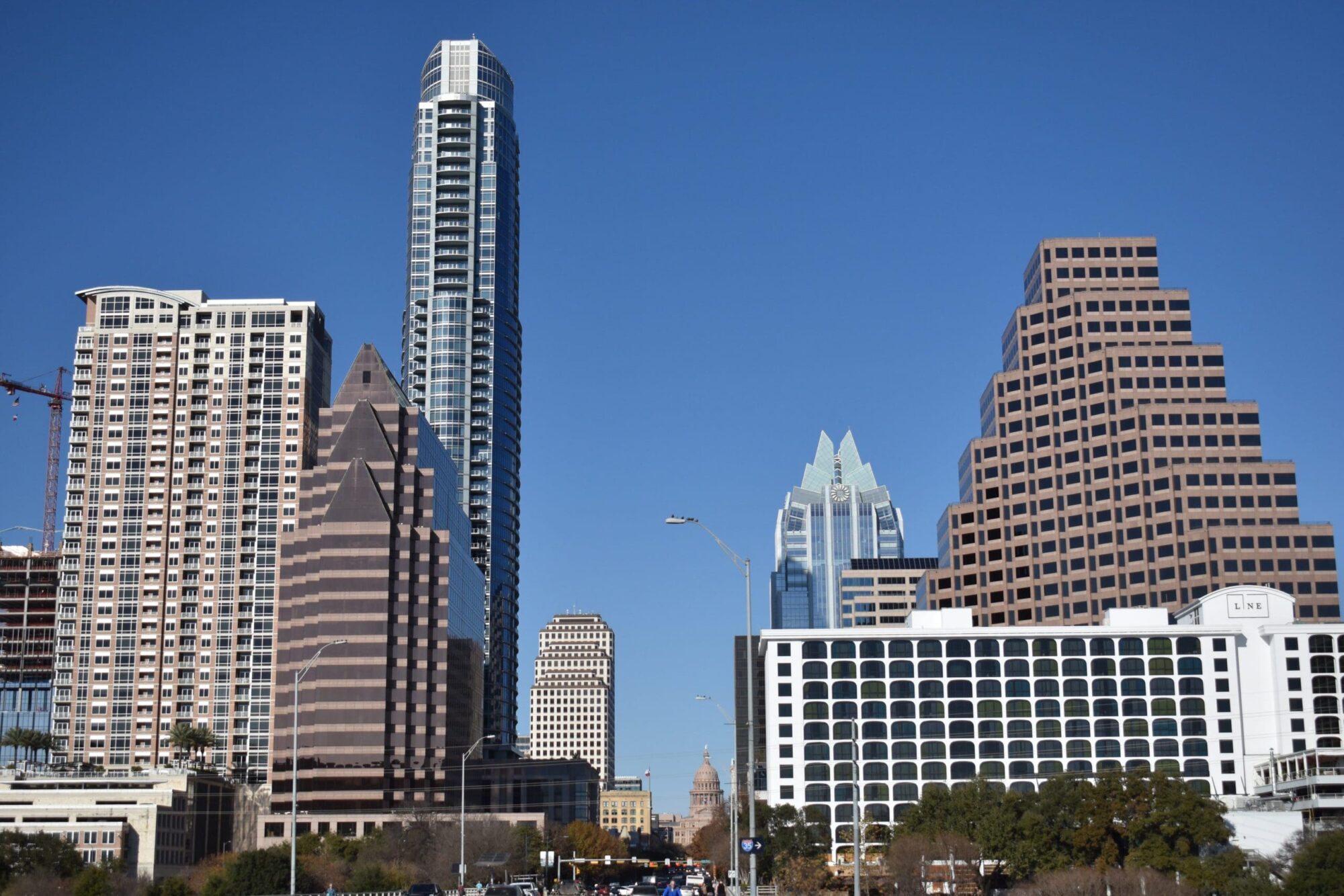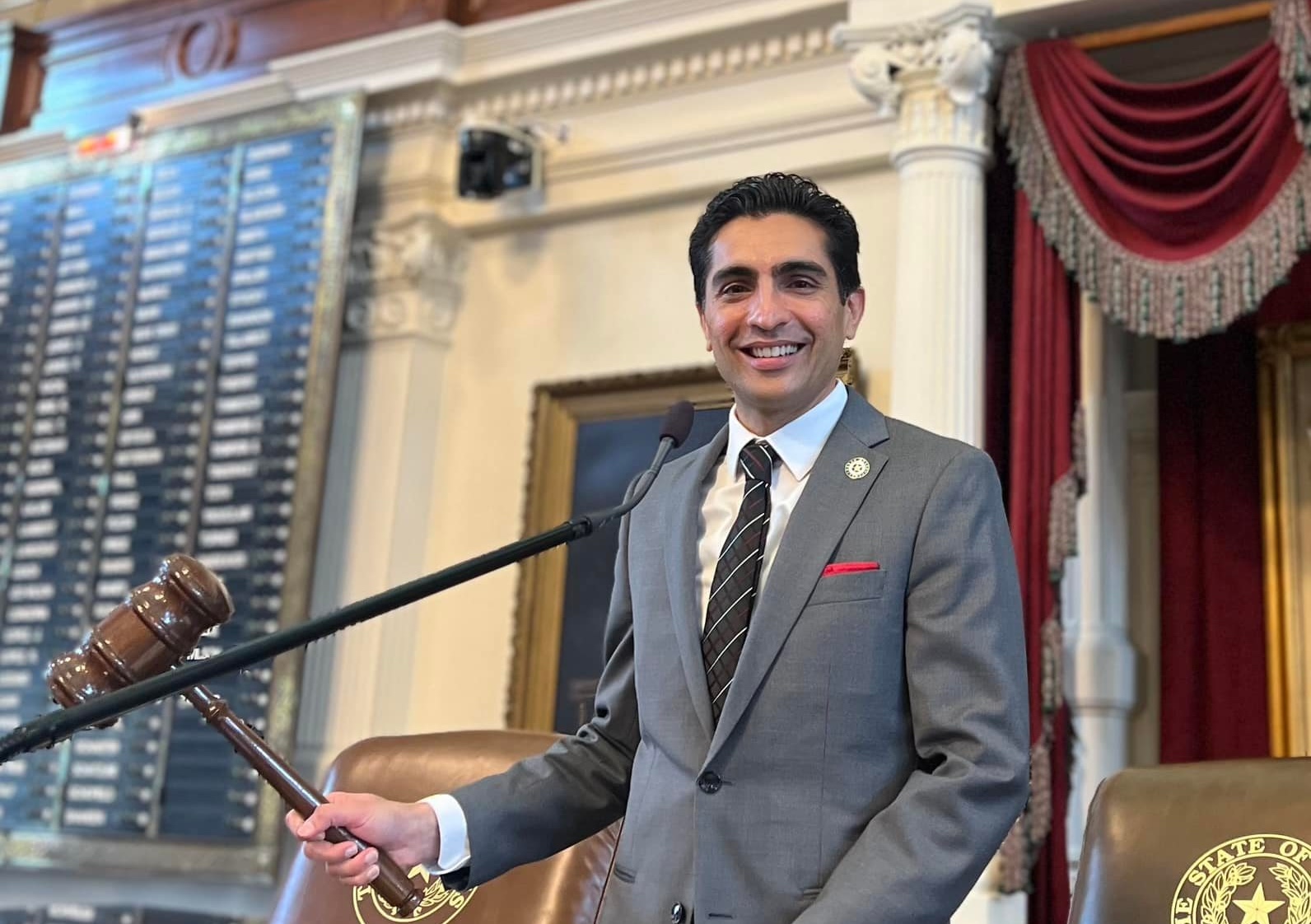Usually “expanding efficiency” means streamlining and saving money. When the government is involved, more often than not, the opposite is true.
Recently the Senate has passed and the House has passed on second reading SB 1125 which purports to expand Texas’ energy efficiency program. Despite the obvious inconsistency between the correlation of expansion of government and efficiency, this measure would also cost Texans more money.
The House takes up SB 1125 on third reading today.
SB 1125 increases the statutory goal of the state’s energy efficiency program, establishes the goal as a baseline rather than a cap, and would expand the state’s reach and ability to subsidize practices and technologies through the program – all while costing Texans more money.
Greater government involvement and subsidization, all at an increased government-mandated cost to consumers, employees and business owners, isn’t an investment in energy efficiency. It simply adds costs while interfering with the free market.
While pursuit of energy efficiency is a good thing, many would question the success found in the government’s efforts to mandate it. A recent study calls into further question whether the state’s program is at all a viable means to accomplish goals of increased energy efficiency.
The forces of the free market are the best generators of energy efficiency.
As it stands, SB 1125’s proposed expansion of energy efficiency is nothing more than an expansion of government interference into the free market.
—
Andrew Kerr is the Executive Director of Empower Texans / Texans for Fiscal Responsibility
Connect with Andrew on Twitter



